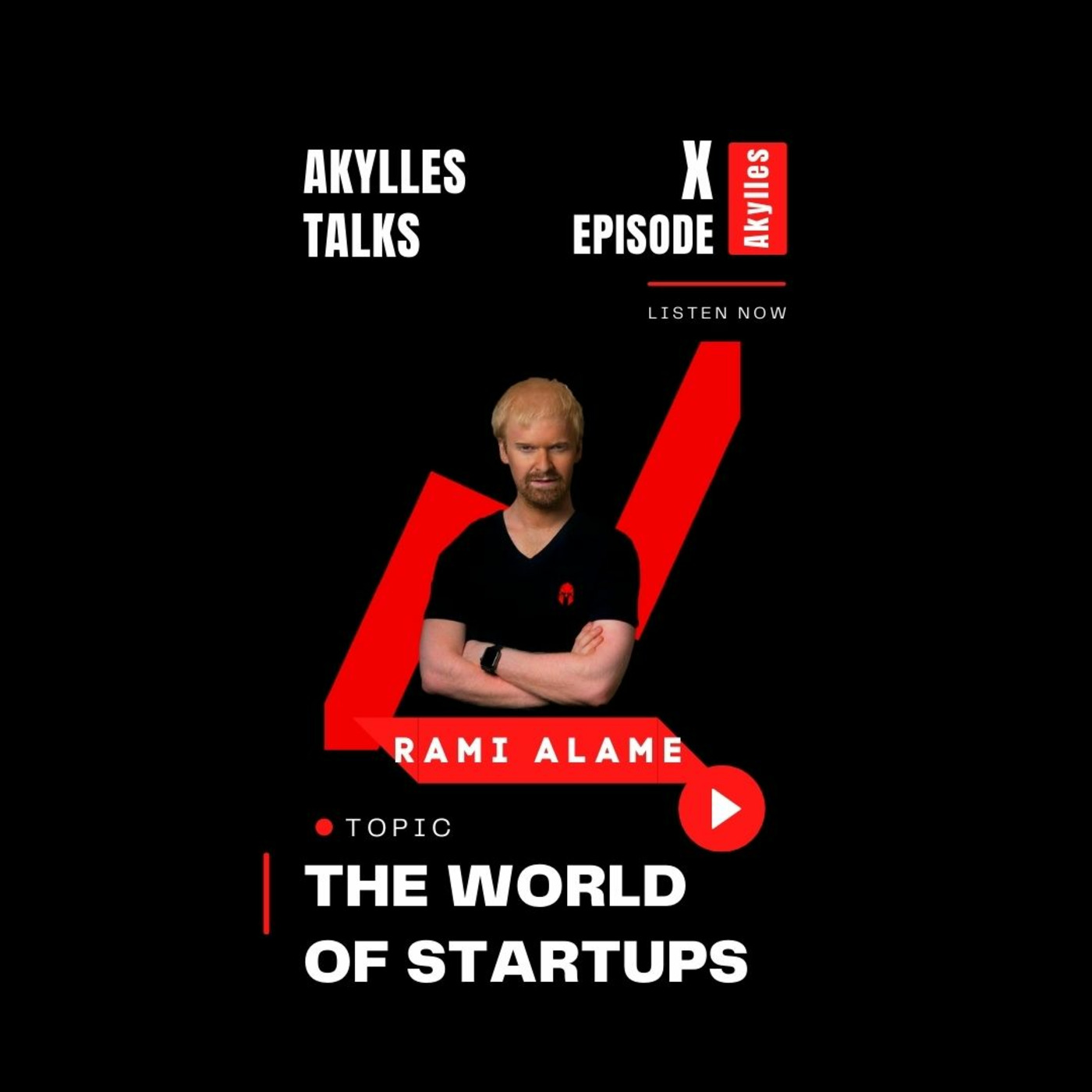Episode 33: Social Basic Instincts
Description
It is often said that “humans are social animals” without really thinking what that implies. Many creatures are social in the sense that they live in groups. Still, there are wide differences in what ‘social’ means – from the simple semi-chaos of herding for cattle or deer to the elaborate, regimented, division-of-labor society of the termite or the honey bee.
Human social scientists (sociologists and anthropologists especially) have traditionally spent most of their time searching for differences between human societies and often assuming that the wide variety that exists is somehow infinite and has no, or few, underlying patterns, laws, or theories explain its myriad diversity. One is tempted to think that a non-human social scientist might take a rather different view, seeing clear patterns at both the macro and micro levels of human social organization, just as we find it easy to recognize patterns in other social species.
Social Instincts
It is not true to say that social scientists have had no idea of the nature of human sociality: – there have, in fact, been two competing visions of individuals' inherited social instincts. Neither view would probably admit that they were, by implication, theories of inherited human characteristics, i.e., theories of human nature.
The first and most obvious is the neo-classical economics notion of the “rational utility-maximizing” human individual. Rather obviously, the idea that everyone, regardless of context or culture, is a "rational utility maximizer’ can only be due to human nature. Most neo-classical economists would be very uncomfortable with discussing their micro-economic ‘simplifying axioms’ actually relating to real-world human nature, but it seems difficult to avoid.
The second is called the “standard social science model” of the infinitely malleable “blank slate” individual. Social scientists who hold this view would even more vehemently reject the idea this was a view of human nature, but of course, it is. For everyone, everywhere, to be ‘blank slates’ means we all must be born that way, which is, of course, a view of human nature. Having no ‘hard-wired’ social instincts is just as much an assumption about human nature as ‘rational utility maximization.
These two basic approaches have been associated largely with the two principle wings in the democratic political thought of the past century and a half – free-market capitalism and liberalism (rational utility maximization) and socialism or social democracy (‘blank slate’ adaptability).
I want to argue that both these models are partly right and also wrong because they are incomplete. There is an alternative, which is still a relatively simple picture of human social instincts but accounts for contradictory human behavior.
Let me first set out some definitions.
What do I mean by “instincts”? I use the term in the same way it is used in Steven Pinker’s “The Language Instinct” – that is to say, an ‘instinct’ combines an innate desire to acquire something (language) with an innate ability to assimilate it. Pinker argues that humans are normally born with an innate desire to acquire language and an innate ability to do so. This is not at all culture or experience-dependent but is ‘hard-wired.’
Which language people acquire is determined by the socio-cultural context in which they grow up. Take a child of American English-speaking parents at birth and have it adopted by Mandarin-Chinese speaking parents, and it will grow up speaking Mandarin like a native, and vice-versa.
Thus, human facility with language includes elements of inherited, fixed, motives and abilities and an acquired cultural component.
By social, in the context of social instincts, I refer to how humans seek to interact with other humans in ‘their’ and other groups (not just their
More Episodes
This episode discusses 3 main layers of complication when launching your startup. It all comes down to "Perceived stability" but the 3 layers are: 1. Explaining the new lifestyle to yourself2. Explain things to your parents and surrounding3. Explaining things to your partners, team, and...
Published 08/05/22
Published 08/05/22
Take a second to be nice to yourselfInstagram: @ramialameTwitter: @rami_alameh
Published 12/18/21


